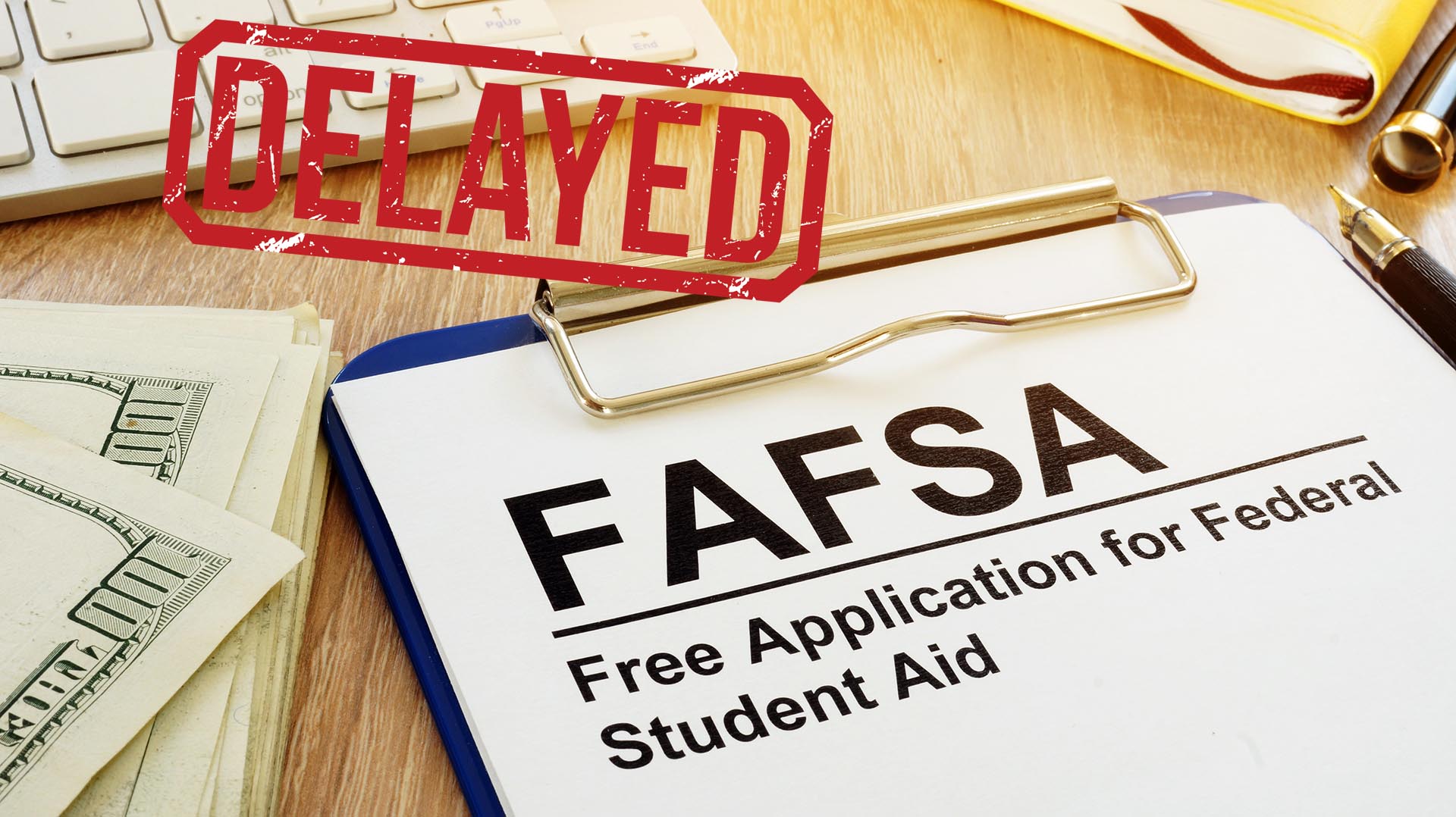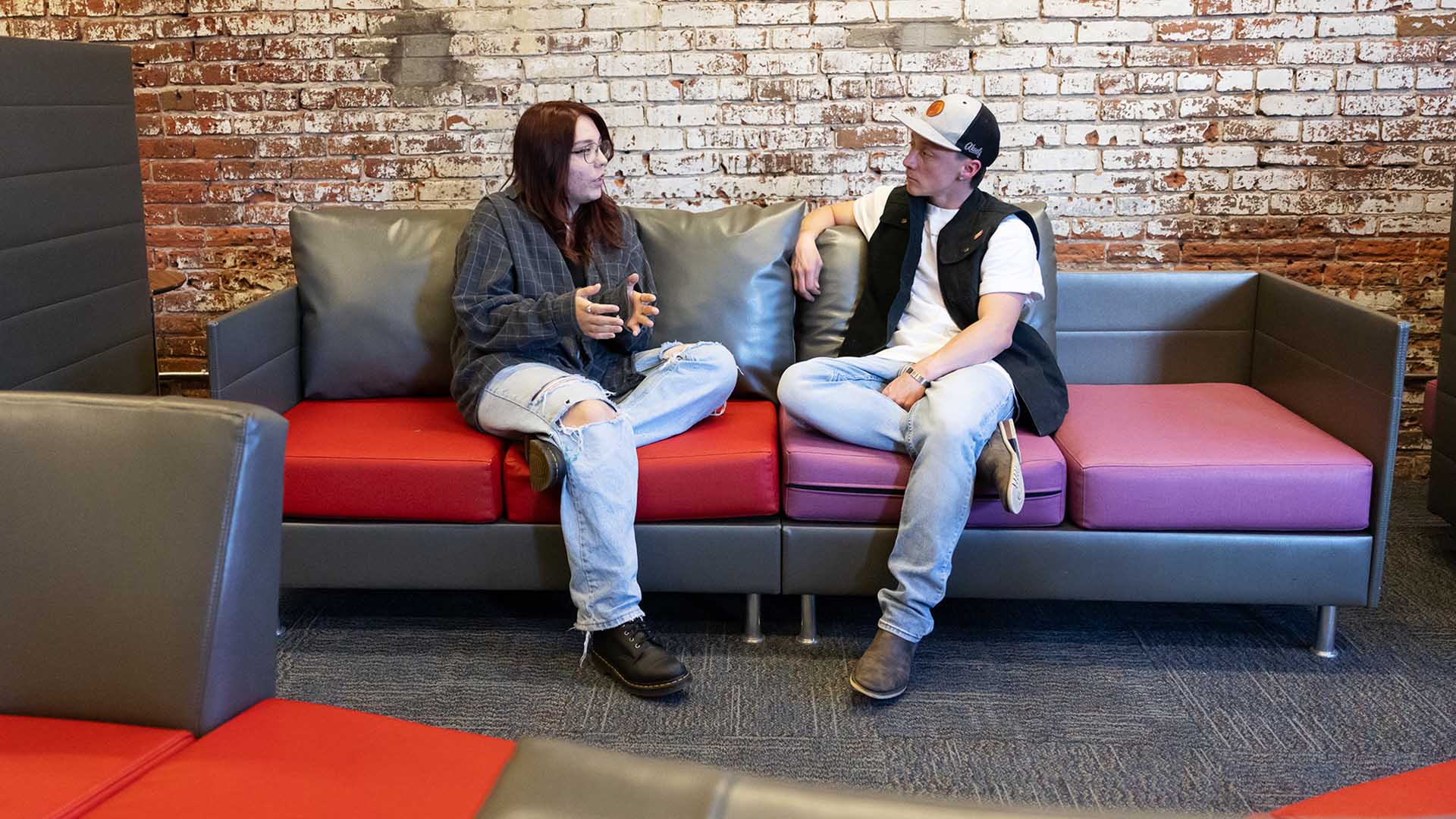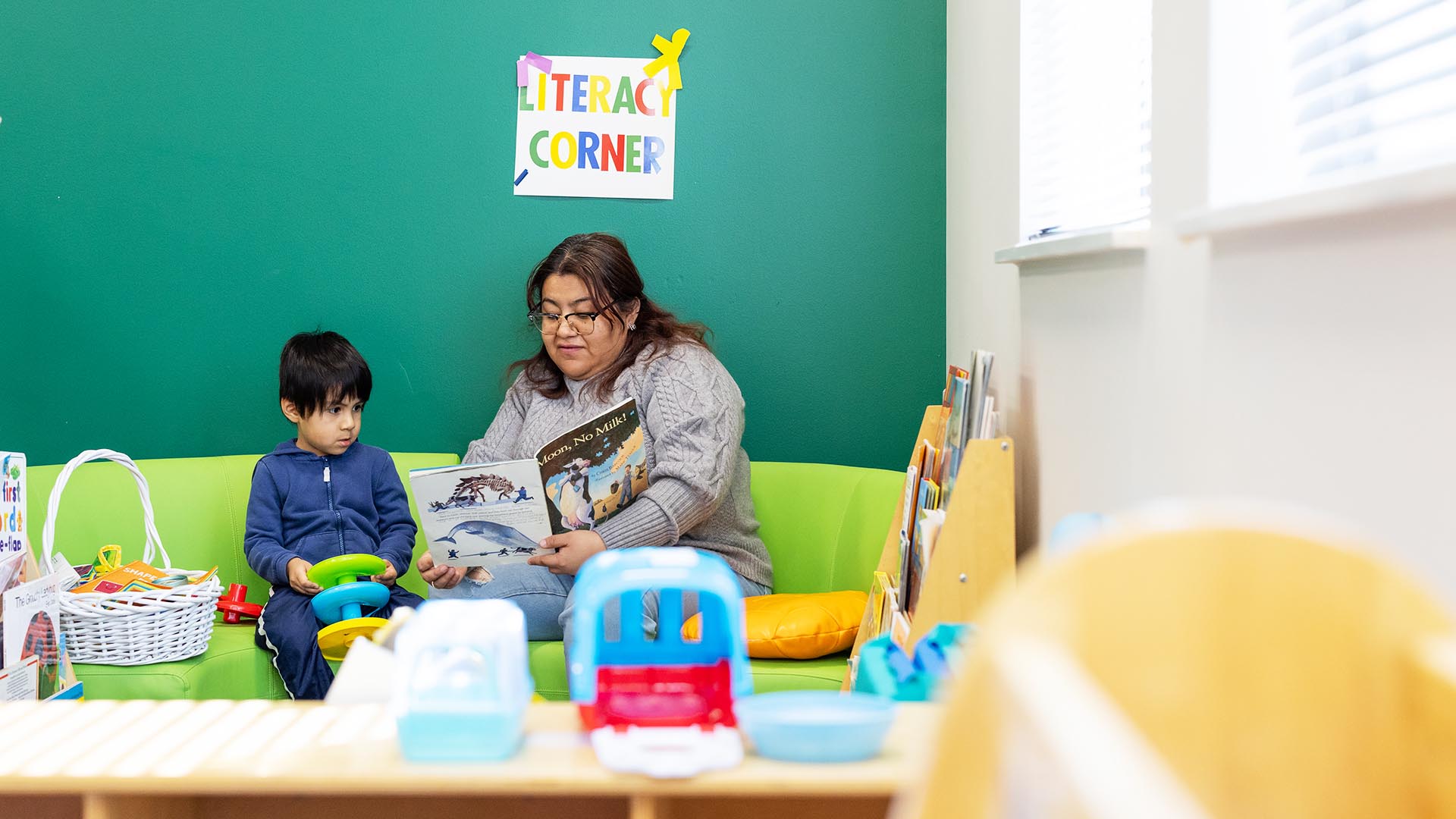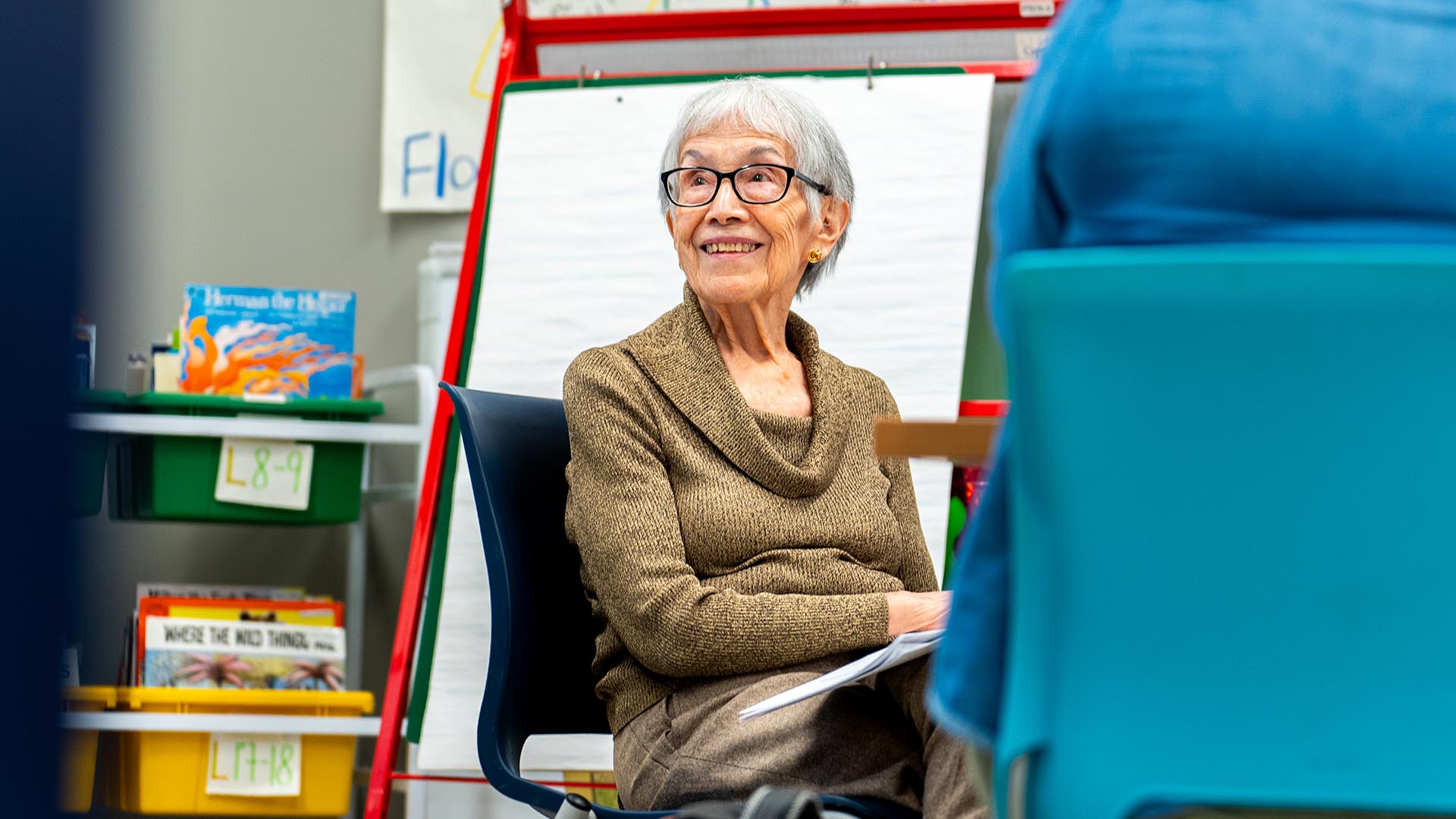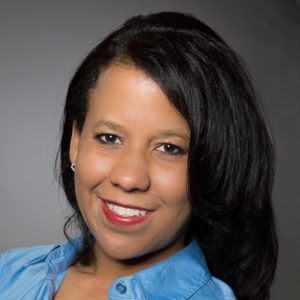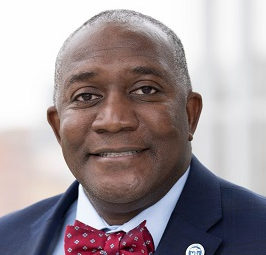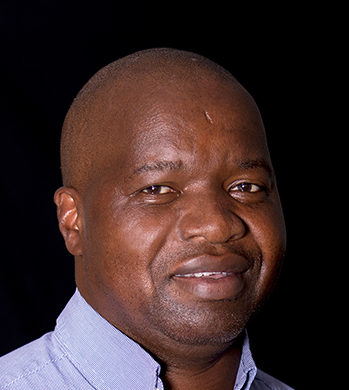A new way to postdoc
A 50-year champion for equity leads a new fellowship reimagining the process for building a diverse faculty.
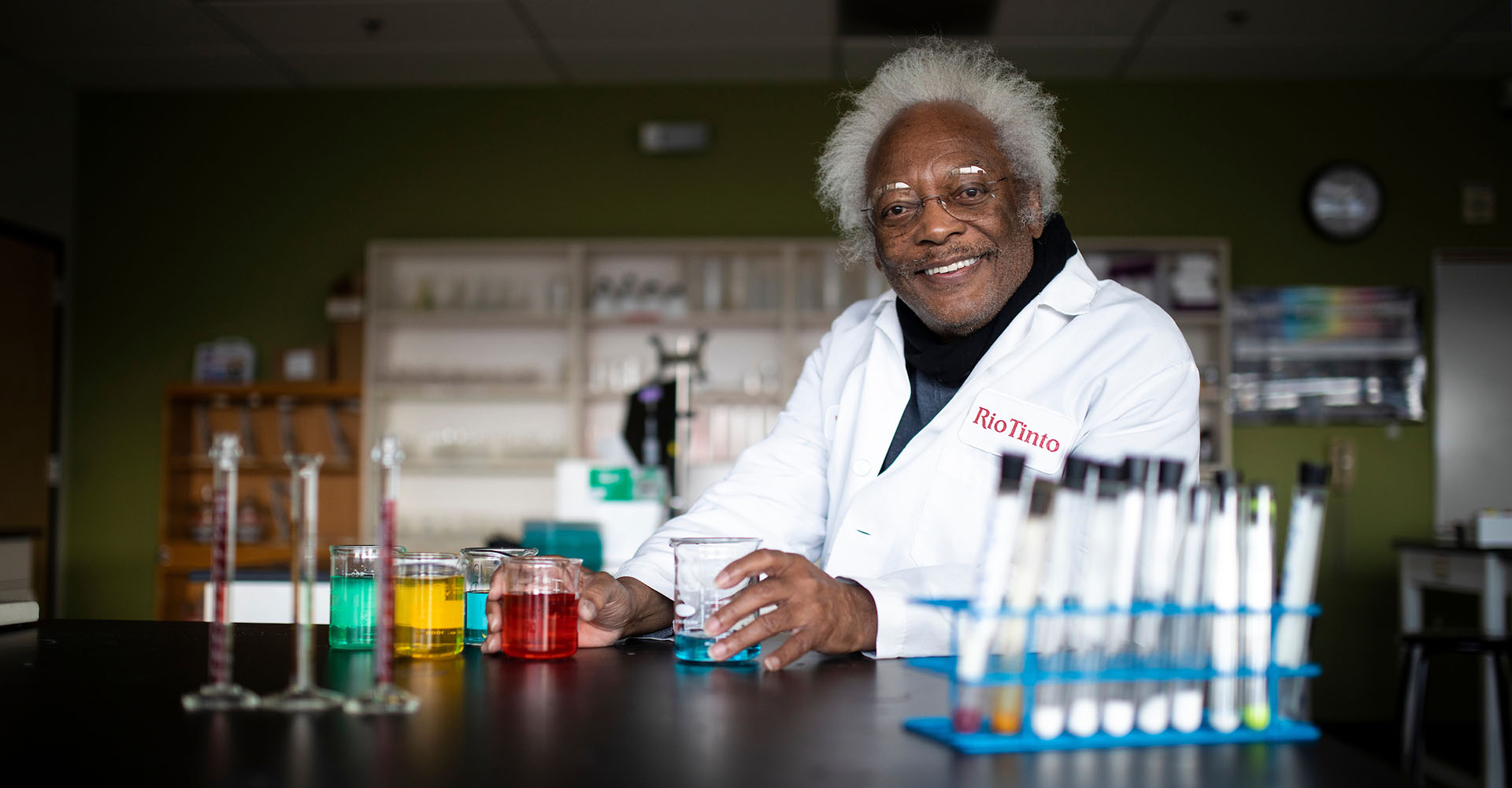
Beginning as an affiliate faculty member, Rich Sandoval, Ph.D., has led 18 sections of Metropolitan State University of Denver’s cross-cultural communications course, one of the Sociology and Anthropology Department’s most popular classes.
“I’ve never taught it the same way twice,” the linguistic anthropologist said. “The ability to develop it to really get the process down affords me the chance to tailor it to the unique students in the classroom – and to keep going, to keep making it better.”
Along with the College of Business’ Felix Flores, Ph.D., Sandoval is one of two inaugural recipients of the Wilton Flemon Postdoctoral Fellowship, a nontraditional approach to recruiting and retaining faculty members from underrepresented populations.
The standard postdoctoral model of contract-based employment often consists of research support and adjunct instruction. It can seem like a holding pattern to address a dearth of tenure-track openings, part of the conversation about what constitutes gainful employment within a scholar’s chosen field. And when time is up, more often than not, it’s expected – if not required – that the temporary employee moves on to another university.
Another issue? Faculty are often not reflective of the increasingly diverse student bodies they’re teaching. Data from the National Center for Education Statistics found that 82 percent of full-time professors in 2016 were white, while 42 percent of the student population wasn’t (2015).
“Diverse hires provide concrete role models for students and faculty to reflect changing demographics,” said Wilton Flemon, Ph.D., full professor of chemistry and the fellowship’s namesake.

A growing body of knowledge supports the idea that a representational mismatch in high school and college environments can affect student performance.
“We know from well-established research that having role models on campus provides important examples for our diverse student body to see themselves there,” said Vicki Golich, Ph.D., provost of MSU Denver. “It signals to students that they can achieve these positions they might have thought otherwise unachievable.”
That frames the approach to diversify the faculty at MSU Denver. Golich noted how, when national searches are conducted for anticipated tenure-track positions, targeted solicitations via phone calls and conference participation encouraging qualified individuals to apply can expand the pool. The fellowship is structured to serve as a primer for these anticipated departmental openings, introducing the individual to the University environment and vice-versa.
“Diverse hires provide concrete role models for students and faculty to reflect changing demographics,” Flemon said.
Schools Flemon has built relationships with as a recruiter for this effort include Southern University and A&E College, Jackson State University, Morgan State University, the University of Maryland Baltimore County, Rutgers University, Columbia University and Texas Southern University.
“There’s the belief that all students are better served and equipped for leadership, community engagement and professional competitiveness in the global environment when exposed to diversified perspectives,” he said. “(This program) intends to increase our success in recruitment and retention of faculty who have historically been underrepresented – both nationally and here at our University.”

For Flores, the fellowship has afforded him the chance to focus on the most important person in the classroom.
“The reduced teaching load (of three courses per semester) combined with familiarity of the content and environment means you can spend more time on teaching,” he said. “You’re in a better position to add more value to students and do things like getting them more directly involved in the research process.”
Flores was finishing up his doctoral work in marketing at the University of Texas-El Paso and job-searching when he learned of the fellowship at MSU Denver. The program, which he began in fall 2017, seemed like a good fit. That proved to be case, as he’s parlayed the international business and marketing courses taught as part of the program into a tenure-track position beginning this January.
“There are formal and informal mentoring opportunities from faculty and through channels like the Center for Teaching, Learning and Design and Tenure-Track Supper Club,” he said. “You really feel like you’re set up for success here.”
Flores also noted the positive impact of connecting through lived experiences.
“I’ll have students come up after class, and we’ll have a conversation in Spanish,” he said. “They’ll say, ‘It’s cool to see you here and what you’re doing’ – that sets a good example of what’s possible.”

The concept of using postdoctoral fellowships as a pipeline to diversify the faculty is not a new one. But few institutions combine it with a route into tenure-track positions, building an organic pipeline from the ground up.
In 2014-15, the Faculty Senate’s Diversity Committee, then chaired by Flemon, was exploring ways to recruit and retain faculty members, finding that traditional methods weren’t successfully working for historically underrepresented populations. This led to the development and drafting of the fellowship proposal in conjunction with Golich, ultimately presented to and approved by the Senate by a vote of more than 85 percent.
And when it came to naming the program, the choice was obvious.
“We want our faculty to reflect our students,” said Sheila Rucki, professor of political science and past president of the Senate during the fellowship’s formation. “With Wilton’s long-term passion for equity, it was something we realized we should recognize as an institution.”
Golich echoed these sentiments.
“He’s always sought data about the inclusion and retention of our faculty,” she said. “The retention, tenure and promotion process that was in place before 2010 was broken and primarily hurt the retention prospects of underrepresented faculty.
“We’re fixing those things that were broken; the process now is more transparent and objective than it was before, and our retention of all faculty has improved dramatically.”
“You’re in a better position to add more value to students and… (get) them more directly involved in the research process,” Flores said.
For Flemon, entering his 50th year with the University, it’s part of a legacy of academic transformation: with the Faculty Senate, as a chemistry and biochemistry expert, with esteemed bodies such as the National Science Foundation as a research associate and the Environmental Protection Agency as a faculty fellow, and many, many more.
Throughout is a commitment to equity across the professoriate, creating a lasting instructional impact that continues to this day. He’s helped found the University’s lauded Rachel B. Noel Distinguished Visiting Professorship and the Colorado-Wyoming Louis Stokes Alliance for Minority Participation program for underrepresented populations in STEM fields. It also speaks to a dedication Flemon is intimately familiar with himself, as he was originally recruited in 1969 to launch what is now MSU Denver’s Africana Studies Department – one of his proudest accomplishments.
“To have the fellowship in my name is an honor,” Flemon said. “I hope to continue working with University leadership, our students and national leaders to increase recruiting and retention of faculty at MSU Denver.”

Sandoval, who previously received his teaching certification from MSU Denver and spent time with Denver Public Schools, also saw the connection through place – and the ability to carry that forward.
“For me, it was synchronicity for this to happen; I’ve got generations of family (from Colorado) and many in my family who’ve graduated from MSU Denver,” he said. “When they asked if I would serve as a mentor for future fellows, I said, ‘Yeah, that’d be great.’ I’d love to help this develop further.”
Flores had a similar perspective, describing the fellowship as “serendipitous.”
“It all fell into place and is such a great opportunity to prepare you for the tenure track,” he said. “You can also focus on your research pipeline to be better-positioned to receive tenure.”
And the effort continues, as initial interviews for the next round of fellows have just wrapped up, with final rounds slated for the spring, Flemon said.
It’s one way to invest in teaching excellence that directly benefits students’ success; it’s also a testament to the longstanding champion of diversity’s foresight, noted Rucki, who was happy to hear about Flores and Sandoval moving forward with their careers at MSU Denver.
“Yes! That’s exactly how it’s supposed to work,” she exclaimed.

